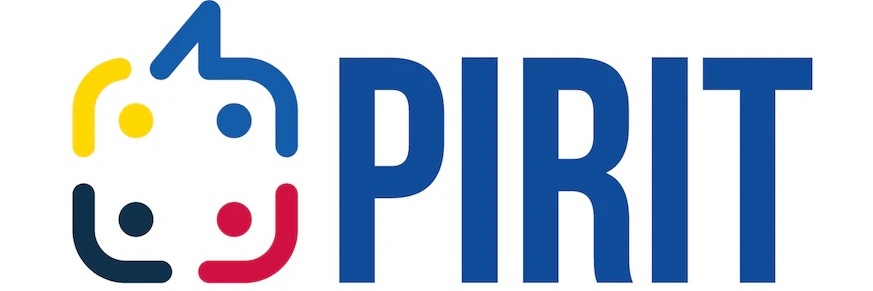
A free Public Involvement in Research Impact Toolkit (PIRIT) has been launched as a result of a collaboration between the Wales Cancer Research Centre (WCRC) and Marie Curie Research Centre (MCRC). The Toolkit aims to help researchers working with the public to plan meaningful involvement in research alongside helping to track and demonstrate the difference it makes.
PIRIT came to fruition after a review of existing tools found that none were linked to the UK Standards of Public Involvement. It consists of two pragmatic tools: the Planning Tool and the Tracking Tool.
- The PIRIT Planning Tool is a checklist of potential public involvement related activities and relevant standards.
- The PIRIT Tracking tool is a simple spreadsheet to record when and how the public contributed, what changed, why it matters, and the related standards.
Originally co-developed by public contributors and team members for use at the MCRC and the WCRC, PIRITwas tested in three Cardiff University led cancer-focused research studies (although it can be used in any research field); and refined in response to pilot feedback prior to its public launch. The piloted studies included: ‘How do patient aids influence treatment decisions for patients with advanced (non-curative) cancer? A rapid realist review,’ ‘Investigating Immune cell fitness to determine patient response to Chimeric Antigen Receptor (CAR)T-Cell therapy’ and the COBra study.
The COBra study is a multi-stage project that aims to develop a core outcome set for brain tumour trials. Both PIRIT tools were used during the study by researchers and the involved public to review existing involvement plans and activity. They found that using PIRIT helped to prompt discussions on increasing the different levels and types of involvement opportunities available. This led to the recruitment of five more members of the public to help develop and test the survey and share their views on improvements.
Research Associate on the The Brain Tumour Charity funded study COBra, Elin Baddeley said:
“Using PIRIT to track public involvement activities in the COBra study allowed us to capture in real time, the involvement activities and their subsequent impacts on the design and delivery of the study. The tool prompted regular discussions on ways in which the public could be involved and led to an increase in the number of patient and public partners involved, and the variety of ways they meaningfully contributed to key stages of the study.”
Dr Daniella Holland-Hart, a Researcher co-funded by the MCRC and the WCRC who used the Toolkit as part of a realist review said:
“The Public Involvement in Research Impact Toolkit was also used during our realist review on ‘How do shared decision making approaches and patient aids influence treatment decisions for patients with advanced (non-curative) cancer?’ The Tool was very useful in helping us to work together with members of the public to track their contributions including how they influenced the research throughout our study. “
As the only Toolkit of its kind, PIRIT has generated considerable interest. Engagement with the research and public involvement community during PIRIT development revealed that there was demand for the resource more widely. As a result, PIRIT was officially launched for wider public use at the Marie Curie Conference in February 2023.
Marie Curie Senior Team Manager and the PIRIT Project Lead Alisha Newman has reflected on the initial findings from the pilot work and wider feedback since the launch: “PIRIT encourages a practical approach to the planning, tracking, and reporting of public involvement, which members of the public and researchers really like. They also welcome the fact that it encourages best practice, because the content is based on the UK Standards for Public Involvement. We hope that PIRIT will be used to help plan and meaningfully involve the public in research, to reflect and report on the difference it has made.”
To keep up with latest news follow @PIRIToolkit on Twitter.